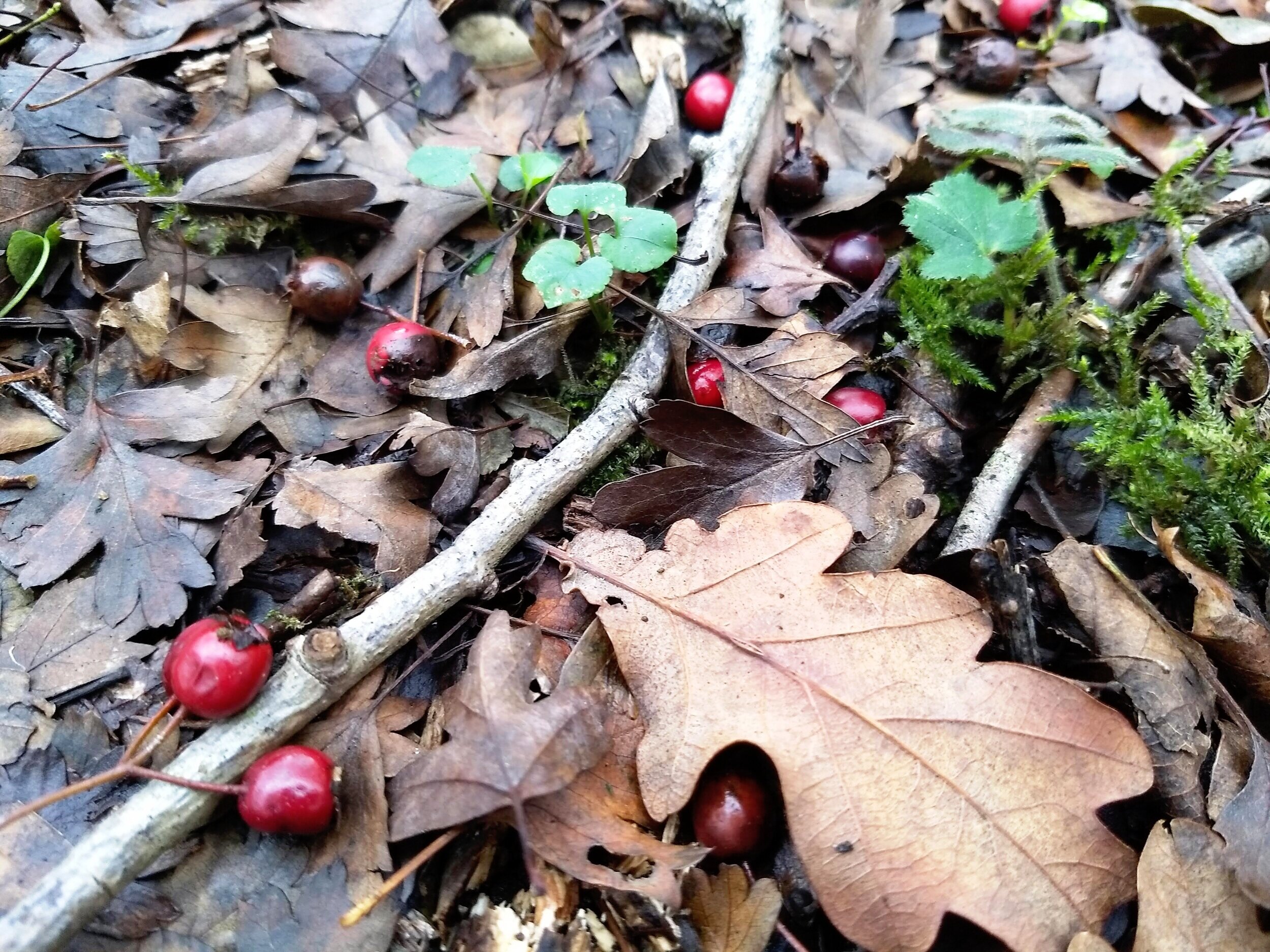This week we invite you into the magical and momentary world of haiku poetry writing! Haikus are short poems that traditionally focus on nature and the seasons. They aim to capture the essence of experience, the fleetingness of feelings and the beauty of briefness in just a handful of words.
So I’ve started with the wordplay already! If you’d like to join in the fun and write some haikus, then read on to learn how…
What is haiku?
Haiku developed as an art form in Japan, where it evolved from the practice of writing the first verse of much longer poem in a way that would capture the essence of the whole. Poets who could distil a richness of meaning into just a few words were much admired. In time, these short verses began to be written and read alone, and the art of haiku was born.
In the late 19th century, people began to write haikus in English. As Japanese is a very different language to English, they came up with a poetic structure to mimic the style of Japanese haikus. This structure uses three lines with 5–7–5 syllables for the first–second–third lines respectively.
To give an example of a haiku, this is the winner of the very first haiku contest in English in 1899 (!):
“The west wind whispered,
And touched the eyelids of spring:
Her eyes, Primroses.”
If you read this haiku and count the number of syllables on your fingers as you go, you’ll find out that it follows the 5–7–5 structure for the three lines. You might find this 5–7–5 structure helpful when you are writing your own haikus.
The most important thing, though, is that your haiku writing connects you more deeply to what you are experiencing and expressing about nature. A more “relaxed” style of haiku that doesn’t use such a strict structure might be more appealing to you. You’ll be happy to hear that many famous poets writing in English prefer to write haikus in this way.
Whatever the style, all haikus aim to convey a vivid image of one moment in time, capturing its beauty, fleetingness and essence.
Play around with both approaches and see what works for you!
“Nightfall,
Too dark to read the page
Too cold.”
How do I write a haiku?
Each person has their own approach to writing poetry, but here are some tips based on what works for me:
Enjoy — Haiku writing is a process that can enrich your connection to nature. For me, this enjoying the experience of connecting and appreciating is the primary goal, not what gets written on the page.
Experience – Good haikus are born from good experiences or at least rich ones. So spend time enjoying nature and you might find the haiku will come to you, instead of you having to chase it!
Evoke — Haikus conjure up evocative imagery of colors, textures, forms and movement. Often I find these vivid elements come to me most clearly through mental imagery as I remember a beautiful experience in nature.
Experiment — Don’t be afraid to experiment. No-one needs to see your haikus, unless you want them to. They’re very short so you can play around with many of them without getting caught in getting it “right” straight away.
Essence — Haikus capture the essence of what you experience. They’re direct and immediate. So trust your instinct and your intuition, and see what comes!
Haiku writing as a regular practice
There are many rewarding ways to practice haiku writing. Here are some ideas:
Writing a haiku each time you go for a walk in nature to capture the memory of what touched you the most;
Writing a haiku at the end of the day to remember and bring to life what you appreciated or are most grateful for about the day;
Picking a theme for your haikus each day or each week, such as “fleetingness”, “beauty”, “colour”, “animals”, “landscape”, or anything else that enthuses you.
Over time, a regular practice of haiku writing can gift you with a set of poetic gems threading together your experiences over the days and weeks, and reminding you of the good times.
Share your haikus
Good luck and we wish you many moments of connection and appreciation in your haiku writing. Enjoy exploring this practice.
And don’t forget, we’d love for you to share your haikus with us!
“Haikus are easy.
But sometimes they don’t make sense.
Refrigerator.”








